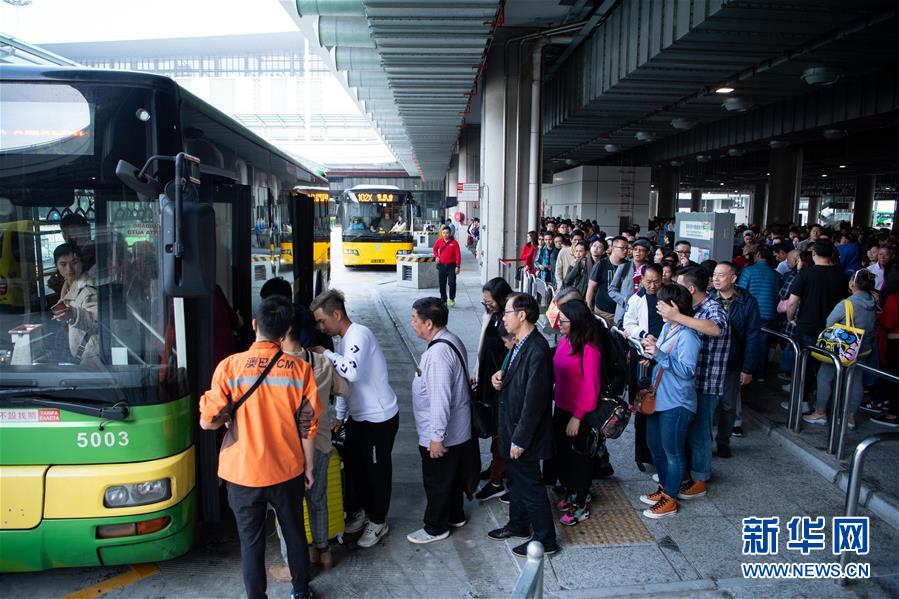【busty girlunder desk sex hd porn videos】Stakeholders Debate Merits of Fourth & Central Project

RAFU STAFF REPORT
Supporters and opponents of Continuum Partners’ 7.6-acre development project at Fourth Street and Central Avenue faced off Nov. 20 as the Los Angeles City Zoning Administrator heard comments on behalf of the City Planning Commission.
Dozens of Downtown L.A. stakeholders turned out to testify, including neighborhood leaders, representatives of nonprofits, trade union members, area businesses, housing advocates, and DTLA residents. The mixed-use project is proposed for a Downtown gateway site currently being used by the Cold Storage company.
Project plans call for 1,589 residential units with an estimated 249 affordable units, along with 401,000 square feet of creative office space and 145,748 square feet of retail/restaurant space.
Forty community members testified in support of the project during the hearing.
“The Fourth & Central project is more than just a development; it represents a unique opportunity to enhance the beauty and functionality of our neighborhood,” said Rev. Ki Tae Choi, senior pastor of Centenary United Methodist Church, which is located just north of the project site. “In a time when many communities struggle with disconnection and a lack of vibrant public spaces, this project shines as a beacon of hope.”
“We believe that this development will aid and uplift the business community in Little Tokyo, especially our legacy businesses, by dramatically boosting local spending and foot traffic in the area,” said David Ikegami, Little Tokyo Business Association president.
Kristin Fukushima, Little Tokyo Community Council executive director, pointed out, “After a year of engagement with our community stakeholders and a vote by our board members, we have voted to oppose the project.”
Fukushima contended that the project would drive up rents and does not contribute to the affordable housing that Little Tokyo needs. “We’re not opposed to development, but we want a project that seeks to see a balance that we want in our neighborhood.”
Michael Nishimura, an organizer with J-town Action & Solidarity, commented, “We need housing in Los Angeles and Little Tokyo, but we do not need unaffordable luxury apartments that only serve high-income people, most of whom are coming from outside the community and pushing out working-class people.”
Scott Oshima, former Sustainable Little Tokyo director, reminded the commission that SLT was created to protect historic Japantown, a California cultural district and environmental justice community. “We oppose this project because it directly violates our community vision and would not be a win for housing or businesses.”
Staff members at the Little Tokyo Service Center and Japanese American National Museum also spoke against the project.

Housing advocate Andrew Slocum was among those who offered comments in favor of the project. “I understand that there are concerns from some neighbors, including those in the Little Tokyo Towers community,” he said.
Slocum added that community organizations “tend to focus on preserving their own interests and resisting change without considering the suffering that future generations will face if we fail to act. If we don’t build projects like this, everyone loses, not just today but for decades to come. Let’s stop letting fear of change dictate our decisions and start building a Los Angeles where everyone has a chance to thrive.”
Little Tokyo resident Chris Tokita pointed out that the project is being built in the Downtown industrial district outside of the traditional boundaries of Little Tokyo. “Importantly, and I underscore … we can add thousands of units to help grow our community and help our city. I also think this is going to contribute to a vibrant future for Little Tokyo. It’s going to bring more people to shop at our small businesses.
“Just speaking to my fellow members of the Japanese American community, I would say please do not conflate the built environment of the community with the people who live here … we must allow the built environment to evolve.”
Revisions to the original development plan include reduction of the tallest building from 44 to 30 stories. In addition, the hotel use originally announced as part of the proposed project has been replaced by additional residential units, including an increased number of affordable housing units. The open-space design has been enhanced to forge greater pedestrian connections directly to the Little Tokyo Galleria and to the north.
Continuum has also pledged to rent a portion of the commercial space at prices 50% below market rate to new, legacy, and community-serving businesses, artists, and groups.
Additional hearings will be held before decision-makers beginning in 2025.






Related Articles